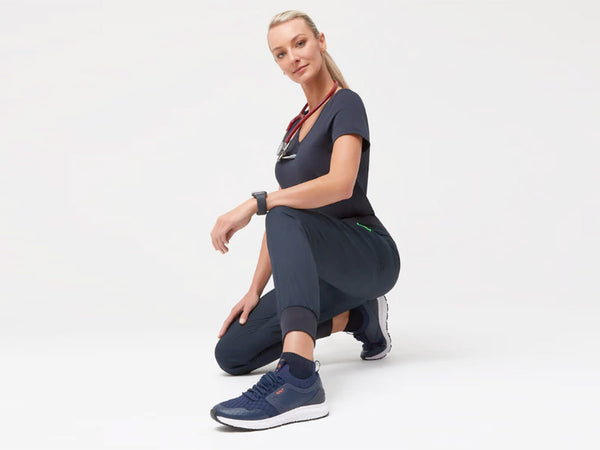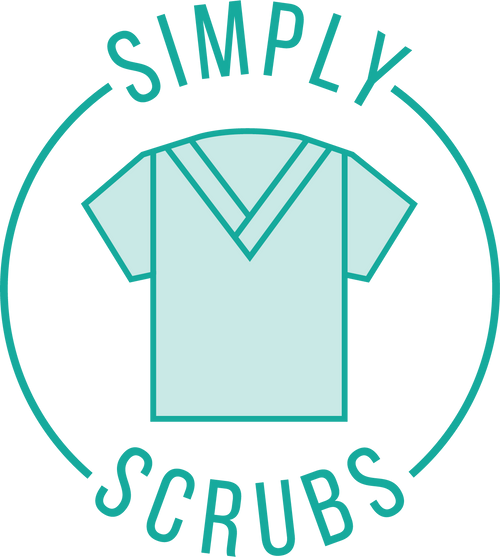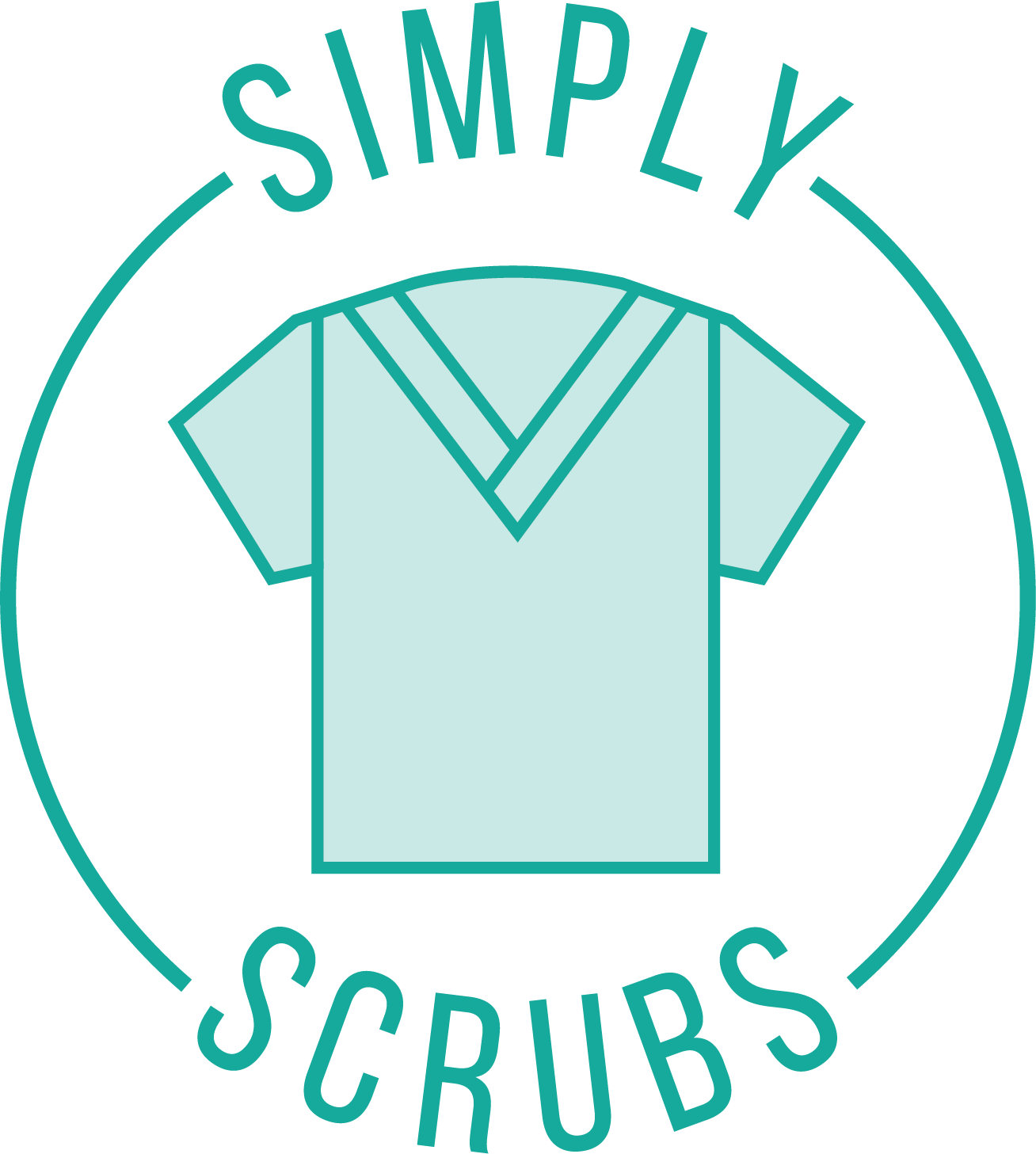Finding the right pair of shoes to keep you on the move can be difficult. It might seem like every shoe that claims to be the most comfortable still leaves your feet aching and tired after a long nursing shift.
Shopping for shoes doesn't have to be difficult. It's very simple to find an amazingly supportive pair of shoes when you know the key features to look for.
Here's everything you need to know about finding the best nursing shoes.
What Makes a Good Nursing Shoe
Many people find shopping for a good pair of shoes to be a simple process. When you're on your feet for entire 8 to 12 hour shifts, however, it's often the case that even good shoes don't give enough support. Instead, you need to find the perfect pair.
Finding the best pair of shoes ultimately relies on two factors: the shoes themselves and your feet. Some high-quality nursing shoes are amazing for people with average feet.
Others provide a great fit to those with flat arches or wide feet. You'll need to start the shopping process by determining if your feet have any special characteristics.
Determine Your Arch Type
Your arch type plays an extremely significant role in how well your shoes are able to support you. If you wear shoes made for the wrong type of foot arch, you're likely to experience pain and discomfort. You'll need to shop for nursing shoes that are specifically made to support your foot type.
You can determine your arch type by doing a 'home water test'. Dip your foot in water and then step on a piece of cardboard. You'll be able to determine your arch type by examining the print that's left on the cardboard.
Here's what each arch type looks like:
- Normal arch: The middle part of your footprint is almost half-filled.
- Flat arch: The middle part of your footprint is completely filled.
- High arch: There's almost no middle part combining the top and bottom of your footprint.
You will be able to select from most nursing shoes if you have a normal arch. If you have a flat arch, you will need to shop for stabilised shoes designed for flat feet to prevent joint and muscle aches.
If you have a high arch, you will need to purchase cushioned shoes to improve your feet's shock absorption.
Determine Your Gait Pattern
Your gait pattern plays a semi-important role in how well your shoes are able to support you.
If you are wearing conventional shoes despite dealing with overpronation or underpronation, you may be suffering from extra foot and joint pain without even realizing it.
Overpronation is characterized by a tendency for your ankle to roll too far down and inward with each step you take. It's common in flat-footed people.
Underpronation is characterized by a tendency for your ankle to roll outward. It's common in people with high-arched feet.
You can determine if you suffer from overpronation or underpronation by examining the heel of one of your worn shoes.
Shoes should normally show wear and tear at the middle of the heel and between the first and second toe. Excessive outer wear indicates underpronation, while excessive inner wear indicates overpronation.

Your Foot Width
Wearing shoes that aren't properly fitted to your foot width is a common source of soreness.
If you want to ensure that your new pair of nursing shoes is the best possible fit, you should determine your foot width in advance and order an adequately sized shoe.
You can measure your foot width in a few steps:
- Put on your typical pair of work socks and trace the outline of your footprint on a sheet of paper.
- Measure the width between the largest parts of the print in millimeters.
- Finally, subtract 5 mm from the final measurement to improve its accuracy.
Compare your foot width to shoe size charts online to determine if your foot width is average for your foot size.
For example, a women's AU 7.5 foot should be approximately 88.9 millimeters wide. If your foot is wider or narrower, you may need to purchase specially-fit nursing shoes.
Foot Characteristics
You should make sure to factor in any other unusual characteristics of your feet before you start shopping. If you have edema or swelling of the feet, bunions, hammer toes, clubfoot, or any other foot deformities, finding a pair of nursing shoes made to address your unique feet is vital.
Luckily, the advent of online shopping has made it easier to find the right pair of nursing shoes.
Stretchable shoes are great for accommodating edema, for example, while shoes with lots of forefoot room are great for people with bunions. Once you have the right pair of shoes, foot pain won't be able to stop you from giving patients your all.
Nursing Shoes Key Features
Not all nursing shoes are made equal — but unfortunately, sellers of low-quality nursing shoes know how to market their products just as well as the best.
Knowing what features to look for will help you order the best possible pair of shoes without any need for returns or other hassles.
Some of the key features to look for in nursing shoes include stiff soles, high-quality materials, wide toe boxes, non-slip soles, shock absorption, arch cushioning, sharps resistance, durability, and easiness to clean. Here's why each feature is so important.
Stiff Soles
If you suffer from arthritic pain, one of the most important features to look for in your new pair of nursing shoes is stiff soles. These soles will provide better support from your joints and reduce the frequency of any painful twisting.
Wide Toe Boxes
Working long shifts comes with plenty of drawbacks, not least of which is swelling and discomfort. If you want to minimize late-day foot pain, you should shop for a pair of nursing shoes that has enough toe room to accommodate any foot expansion.
Non-Slip Soles
The last thing you want is to slip while you're at work. Falls are prone to happen at hospitals due to their smooth tile and frequent wet floors — but you can come prepared with the right pair of shoes.
Non-slip soles are a must-have for anyone working long nursing shifts.
Water Resistance
There's all sorts of liquids that can be encountered at hospitals — and there's very few that are pleasant to have staining your shoes.
You should select a water-resistant pair of nursing shoes to avoid the hassle and keep your feet completely dry.
Arch Cushioning
Cushioning is extremely important for comfort. You should browse the shoes available before making a selection and look for a pair that offers the right type of arch support for your foot type.
You'll thank yourself for the extra hassle later when you feel just as light on your feet eight hours into your shift.
Shock Absorption
Aside from the shape of the cushioning, another characteristic that you should look at is its ability for shock absorption. Ideally, you should select a pair of nursing shoes that has high shock absorption.
The quality of the cushioning plays a significant role in determining whether you'll stay comfortable across your entire shift.
Sharps Resistance
Accidental pokes and prods from needles can be disastrous — especially when you're in an environment like a hospital. One of the best ways to minimize your risk is to select a pair of shoes that is sharps-resistant.
Shoes made of stiff material like leather or rubber are particularly good for this purpose.
Durability
Replacing your shoes is always a huge hassle. Unfortunately, when you work as a nurse, it's something that can be very common — especially if your shoes aren't made to endure long shifts.
You should research the pairs of nursing shoes you're considering in advance to see how they hold up over time.
Easiness to Clean
The last thing anybody wants is strange contaminants on their shoes. Unfortunately, this is something most nurses will deal with across their career.
Having easy-to-clean shoes is a gamechanger because it makes staying tidy and maintaining a professional appearance a five minute process.
What Are the Best Nursing Shoes?
Here are our recommendations for some of the best nursing shoes. Whether you have average feet or need a special pair to accommodate wide feet, we've found a great fit for everyone.
Best Overall: Softies Women's Charlie Nursing Shoe
If you want a shoe that will provide an extreme level of support, one of the best options is the Softies Women's Charlie Nursing Shoe.
These shoes feature a soft gel insole that provides significant shock absorption and anti-slip soles.
These shoes are likely to be a great fit for anyone with fairly average feet who just needs a supportive pair of shoes.
Softies are known to be quite durable and easy-to-clean. As an added bonus, the shoe is completely impermeable to liquids and sharps.
Best For Underpronating Or Flat Feet: Softies Women's Louis Nursing Shoe
While it might come as a surprise, clogs are commonly recommended for people with flat feet. These shoes are structurally supportive and provide all of the support needed to prevent underpronation.
When you wear a pair of Softies Women's Louis Nursing Shoes, you can expect to enjoy reduced aching and an increasingly confident step throughout your day.
Best For Overpronating Or High-Arch Feet: NNT Next-Gen Zest Women's Nursing Shoe
If you have high-arched feet, you're likely familiar with just how vital lots of cushioning is — and how painful it can be if you don't wear shoes that provide the support you need.
The NNT Next-Gen Zest Women's Nursing Shoes are designed with an orthotic friendly footbed and supportive midsoles that will keep you pain-free across your shift.
Best For Wide Feet Or Edema: Softies Women's Lizzy Nursing Shoe
Flexible materials are a vital part of a good pair of nursing shoes for anyone with edema or wide feet — and the Softies Women's Lizzy Nursing Shoes don't disappoint with their comfortable fabric upper.
These air-cushioned shoes provide all the support you'll need to stay on the move without causing any painful cramping or squeezing.
Best For Plantar Fasciitis: Next-Gen Verge Women's Nursing Shoe
If you suffer from plantar fasciitis, adequate arch support is vital — but many shoes just don't seem to offer the right amount of cushioning.
The Next-Gen Verve Women's Nursing Shoes are specifically designed to keep your feet feeling breezy and lightweight by absorbing significant amounts of shock.
Best Vegan-Friendly: NNT Next-Gen Vigor Women's Nursing Shoe
Many nursing shoes are made with materials like leather or animal-based glue — and you're not alone if you're looking for an alternative.
One of the best completely vegan nursing shoes is the NNT Next-Gen Vigor Women's Nursing Shoe.
These shoes are made with a 25% recycled mesh that is completely resistant to water, sharps, and pathogens.
The stylish design features an antimicrobial lining and supportive cushions. These shoes effectively combine fashion and function with a vegan lifestyle.
Support Your Feet With the Right Pair of Shoes
The importance of a good pair of shoes can't be understated. You've most likely felt the consequences of wearing the wrong pair of shoes after a long shift.
Wearing the wrong shoes can even have long-term consequences on the health of your feet. Once you start wearing the right pair of shoes, you'll immediately feel the amazing difference.


